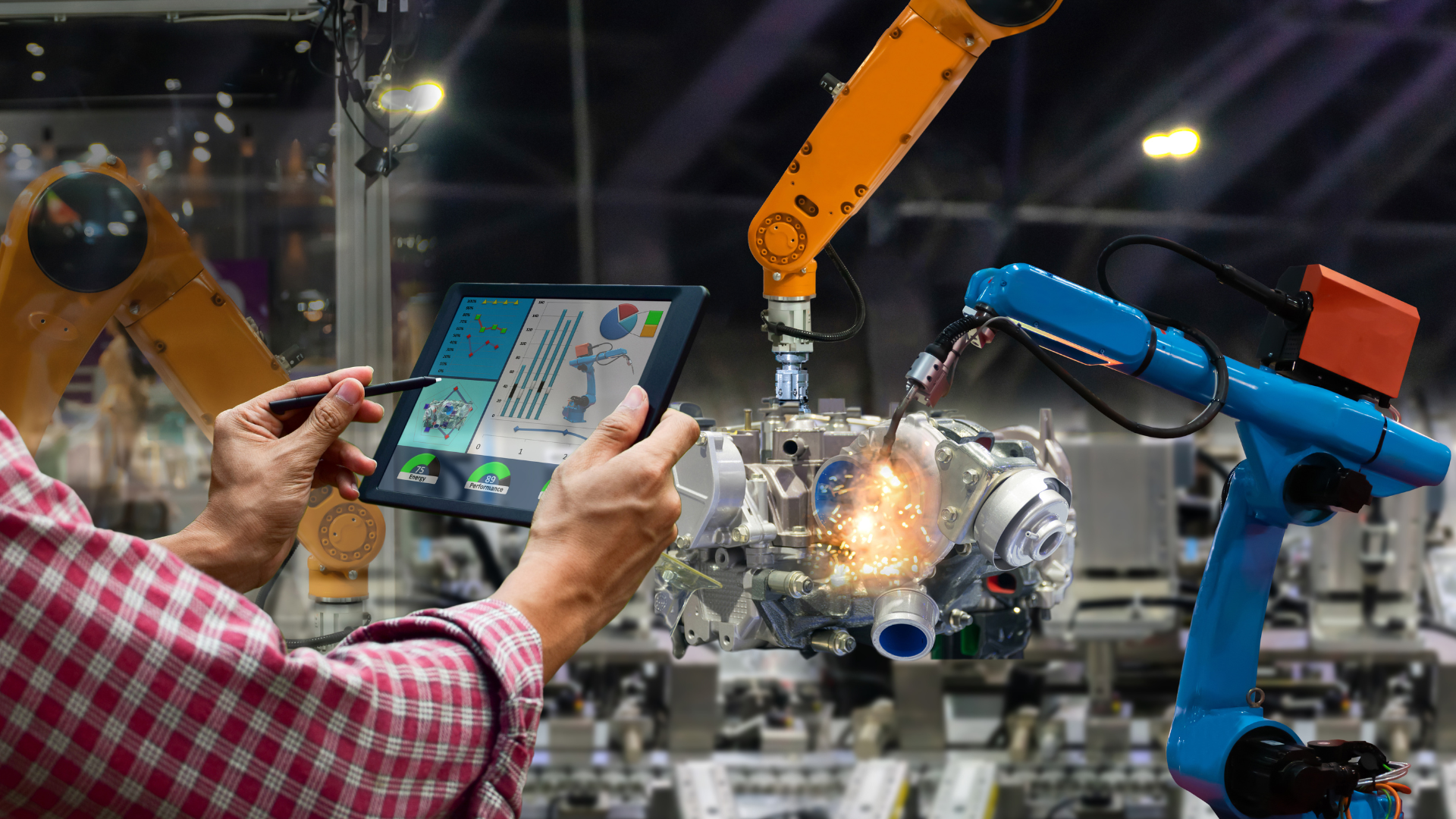Artificial Intelligence for Robotics
Program Profile
| Name of the program degree |
Bachelor of Engineering Program in Artificial Intelligence |
| Major |
Artificial Intelligence for Robotics |
| Program duration |
4 Years |
| Total credits |
125 |
Program Structure
| 1. General Education Courses |
24 Credits |
| 1.1 Language Group |
12 Credits |
| 1.2 Humanities and Social Sciences Group |
6 Credits |
| 1.3 Morality and Ethics Development Group |
6 Credits |
| 2. Specific Courses |
95 Credits |
| 2.1 Core Courses |
38 Credits |
| 2.2 Major Specific Courses |
45 Credits |
| 2.2.1 Compulsory Major Courses |
30 Credits |
| 2.2.2 Elective Courses |
15 Credits |
| 2.3 Project, Internship, or Cooperative Education Courses |
12 Credits |
| 3. Free Elective Courses |
(not less than) 6 Credits |
Program Purpose
To educate graduates with the specialized knowledge and practical skills required to integrate artificial intelligence into robotic systems, focusing on areas like sensor engineering, robot kinematics and dynamics, human-robot interaction, computer vision for robotics, embedded systems, and the design and simulation of autonomous robotic systems.
Student Outcomes
Graduates will be able to:
- Design and utilize sensor systems for robotic applications: Students will have expertise in selecting, integrating, and interpreting data from various sensors crucial for robot perception and operation.
- Develop AI algorithms specifically for robotics: They will understand how to apply AI, including computer vision and image processing, to enable robots to perceive their environment, navigate, and make decisions.
- Analyze and control robot movement: Students will have a strong grasp of robotics kinematics and dynamics, allowing them to understand and program robot motion.
- Design and implement human-robot interaction systems: They will be able to create intuitive and effective interfaces for humans to interact with robots.
- Build and program embedded systems for robotics: Graduates will understand the hardware and software aspects of embedded systems essential for controlling robotic components.
- Develop and simulate autonomous robotic systems: They will be capable of designing, modeling, and simulating complex autonomous robots and their behaviors.
Career Opportunities
- Robotics Engineer
- Autonomous Systems Engineer
- Human-Robot Interaction (HRI) Specialist
- Computer Vision Engineer (Robotics)
- Embedded Systems Engineer (Robotics)
- Sensor Fusion Engineer
- Robotics Software Engineer
- Mechatronics Engineer
- Robotics Simulation Engineer
- Research Scientist (Robotics AI)
